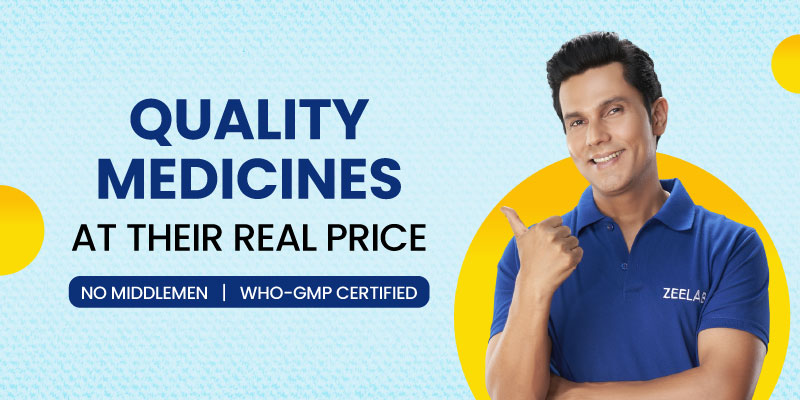Sodium Propylparaben
Introduction
Sodium Propylparaben is a widely used preservative found in pharmaceutical products, food items, and cosmetic formulations. It is the sodium salt of propylparaben and is known for its antimicrobial properties that help in preventing the growth of bacteria, yeast, and molds. This compound enhances the shelf life of products and ensures safety for consumer use. Due to its solubility in water and stable nature, Sodium Propylparaben is often used in liquid and semi-solid formulations.
Medicine Not Available for Sodium Propylparaben
Uses of Sodium Propylparaben
- Used as a preservative in pharmaceutical formulations
- Prevents microbial contamination in cosmetics
- Extends shelf life of food and personal care products
- Maintains safety and stability of topical and oral medicines
How Sodium Propylparaben works
Sodium Propylparaben works by inhibiting the growth of microorganisms like bacteria, yeast, and molds in various products. It disrupts microbial cell membranes and essential enzymes, thereby preventing spoilage and contamination. Its water-soluble nature makes it easy to incorporate in aqueous formulations, ensuring long-term product safety.
Benefits of Sodium Propylparaben
- Effective in preventing microbial contamination
- Enhances product safety and shelf life
- Widely used in oral, topical, and cosmetic formulations
- Stable under a range of pH and temperature conditions
How to take Sodium Propylparaben
Sodium Propylparaben is not directly consumed but is included in small amounts in medicines, cosmetics, and food products. Always use products containing this preservative as directed by the manufacturer or a healthcare provider. Do not exceed recommended usage levels in formulations if you are using it in manufacturing.
Type of Dosage Available
- Oral liquid formulations (as a preservative)
- Topical creams and ointments
- Cosmetic products like lotions and shampoos
- Processed food and beverages
Side effects of Sodium Propylparaben
- Skin irritation (rare)
- Allergic reactions (in sensitive individuals)
- Eye irritation (on direct contact)
- May cause contact dermatitis in some users
Safety advice
- Avoid overuse in formulations—follow regulatory guidelines
- Not recommended for use on broken or irritated skin
- Perform patch test before using new products with this ingredient
- Consult a healthcare professional if allergic symptoms occur
- Keep away from eyes and mucous membranes
Frequently Asked Questions (FAQs)
Q: What is Sodium Propylparaben used for?
A: It is used as a preservative in cosmetics, medicines, and food to prevent microbial growth and extend shelf life.
Q: Is Sodium Propylparaben safe for daily use?
A: Yes, when used within recommended limits, it is considered safe by regulatory authorities such as FDA and EFSA.
Q: Can Sodium Propylparaben cause allergies?
A: In rare cases, it may cause skin irritation or allergic reactions, especially in sensitive individuals.
Q: Is Sodium Propylparaben a natural ingredient?
A: It is a synthetic compound derived from para-hydroxybenzoic acid and not considered natural.
Q: Can children use products containing Sodium Propylparaben?
A: Yes, but it’s advisable to consult a pediatrician before using on infants or children with sensitive skin.
Related Salt
Disclaimer : Zeelab Pharmacy provides health information for knowledge only. Do not self-medicate. Always consult a qualified doctor before starting, stopping, or changing any medicine or treatment.
Download India's most affordable pharmacy app
- Compare with medicine prices
- Save upto 90% on your medicine bills

Temperature Controlled storage and delivery

Regular Sanitization

Disinfected Packaging













 Added!
Added!